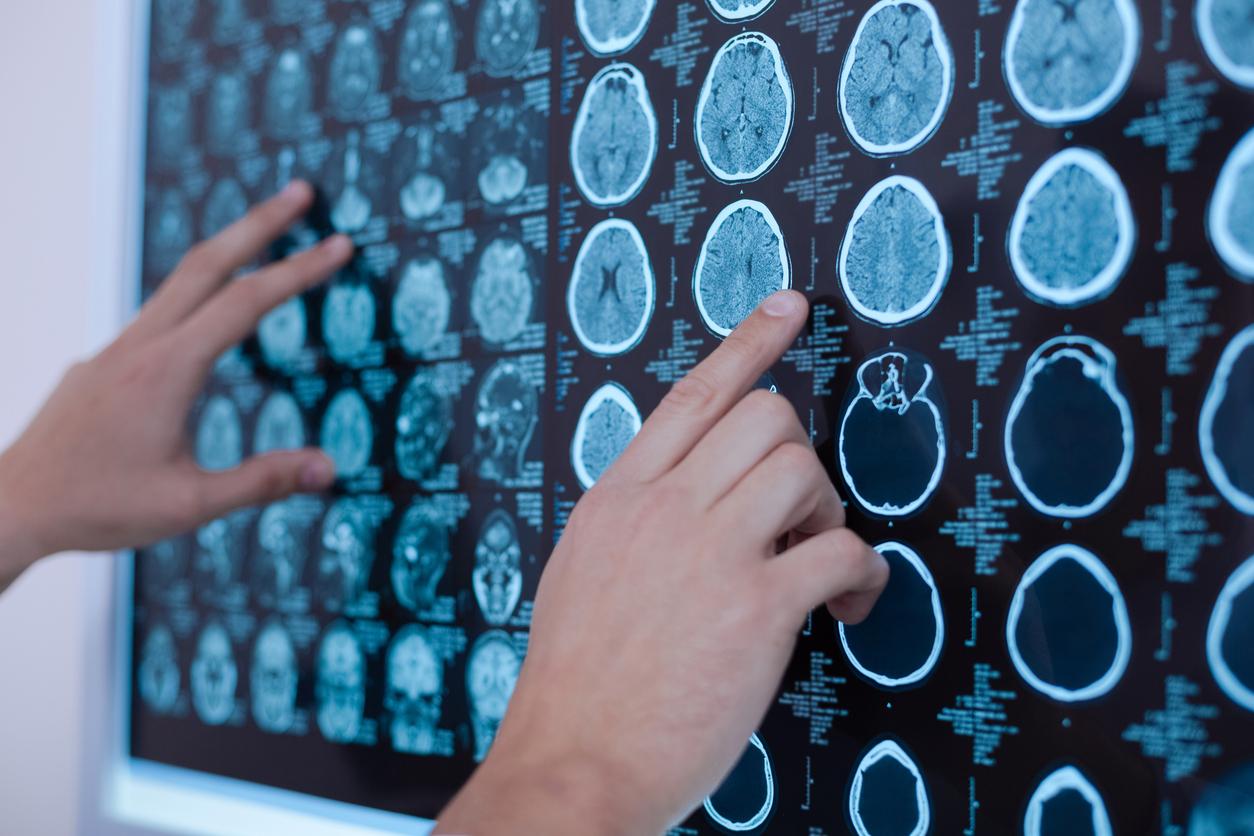The multiple sclerosis is a disease affecting the central nervous system that alters the transmission of nerve impulses between neurons. Numbness, visual disturbances and movement are some of the symptoms. In the long term, the disease can leave sequelae, and reach the function of memorization.
To fight against the loss of learning capacity, and therefore memory, researchers from the Kessler Foundation Research Center (USA) studied the effectiveness of the memory training protocol mSMT (Modified Story Memory Technique).
This protocol is based on the use of context and images to facilitate thelearning and memorization. It is organized in sessions of 30 to 90 minutes, at the rate of two sessions per week for one month.
To prove its effectiveness, the scientists called on eight participants with multiple sclerosis, whose memorization abilities they assessed at the start of the study, immediately after the mSMT protocol as well as six months after the protocol.
The evaluation then reveals that the increase in brain activation patterns (in other words, learning) obtained immediately after the initiation protocol is well maintained after six months without practicing mSMT.
The study thus provides the first proofs of the effectiveness of the training protocol for memory mSMT.
If the protocol is already translated into Spanish and Chinese, and used in the United States, Mexico and Argentina, it would therefore benefit from being developed in other countries, to support cognitively impaired patients suffering in particular from multiple sclerosis. .
Source:
A pilot study examining functional brain activity 6 months after memory retraining in MS: the MEMREHAB trial, published in the scientific journal Brain Imaging and Behavior on June 14, 2014.


















